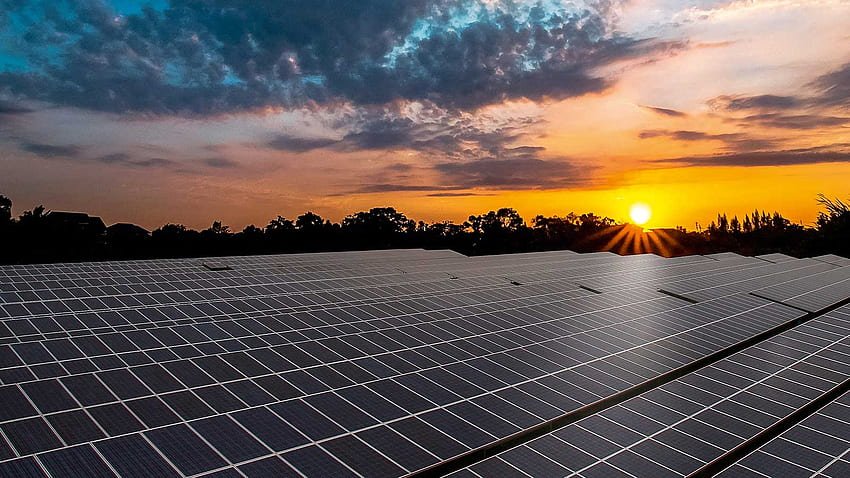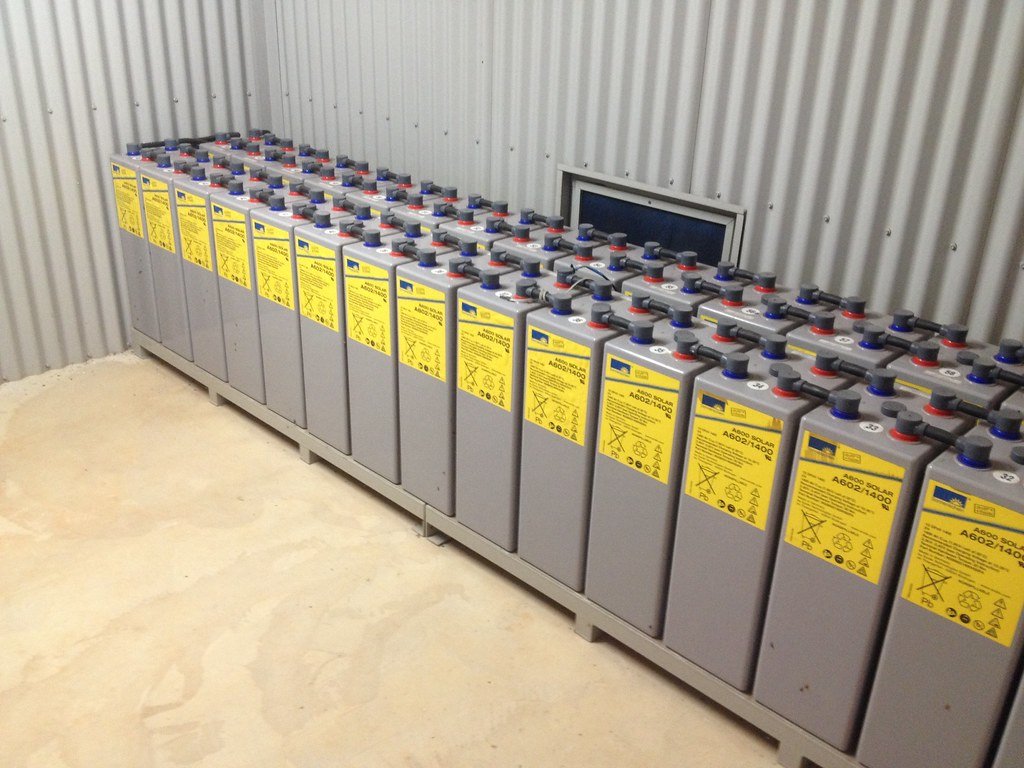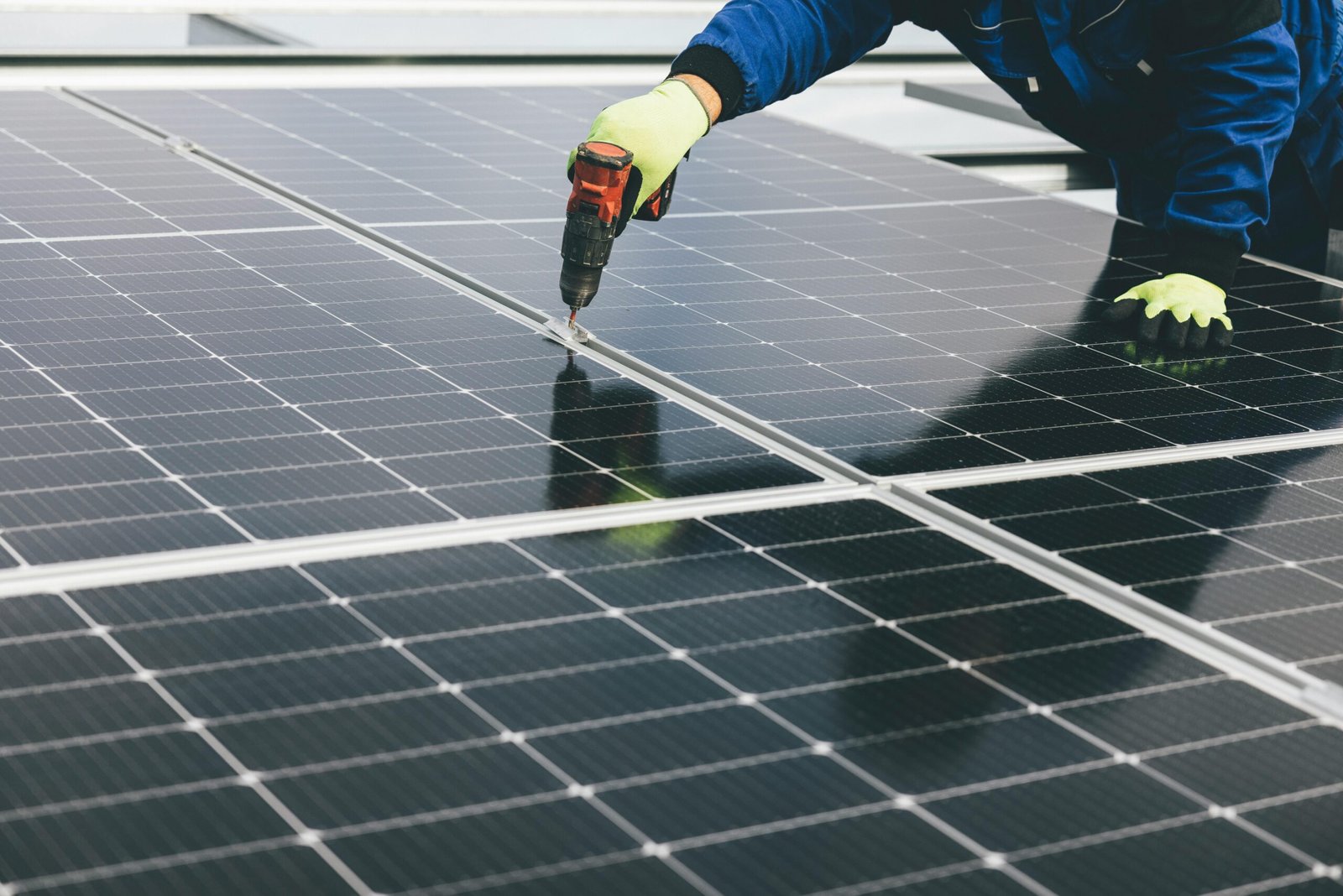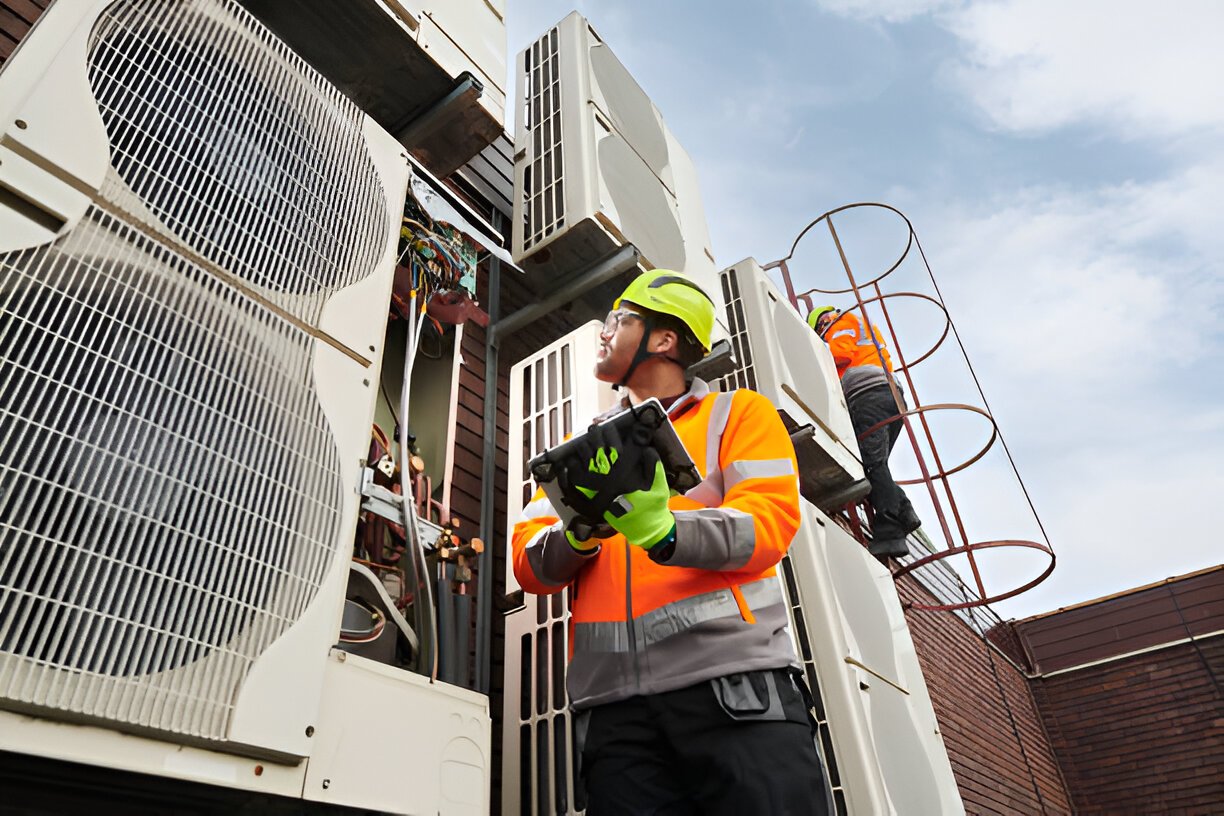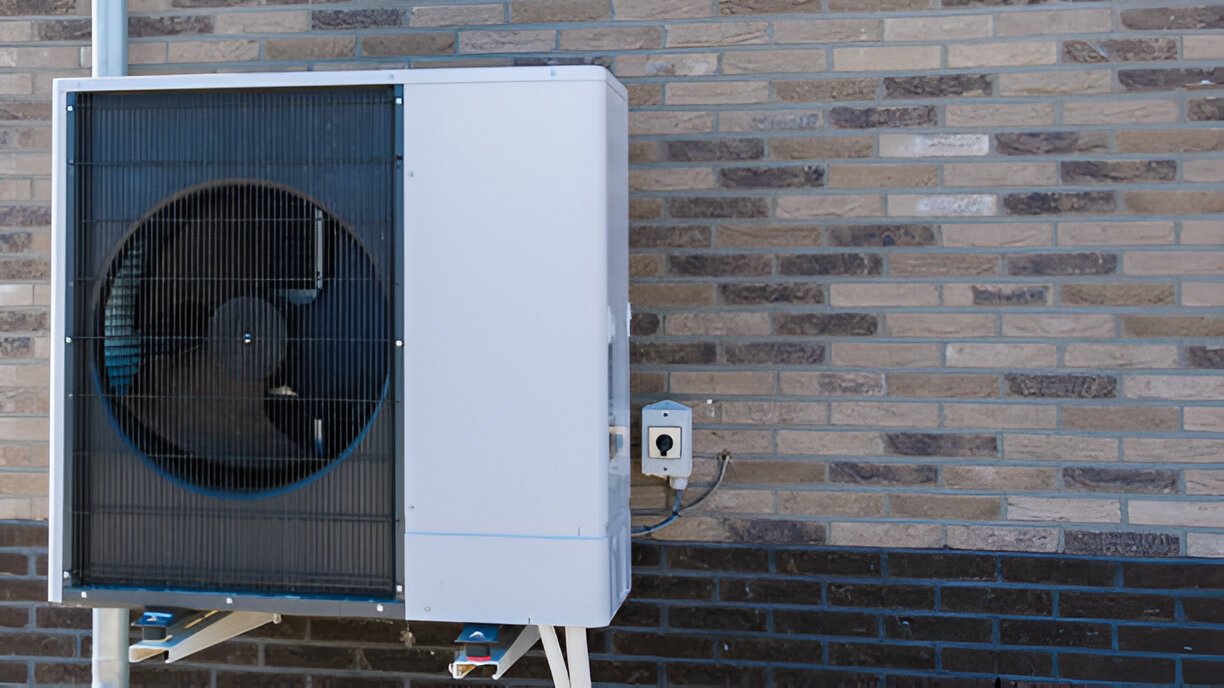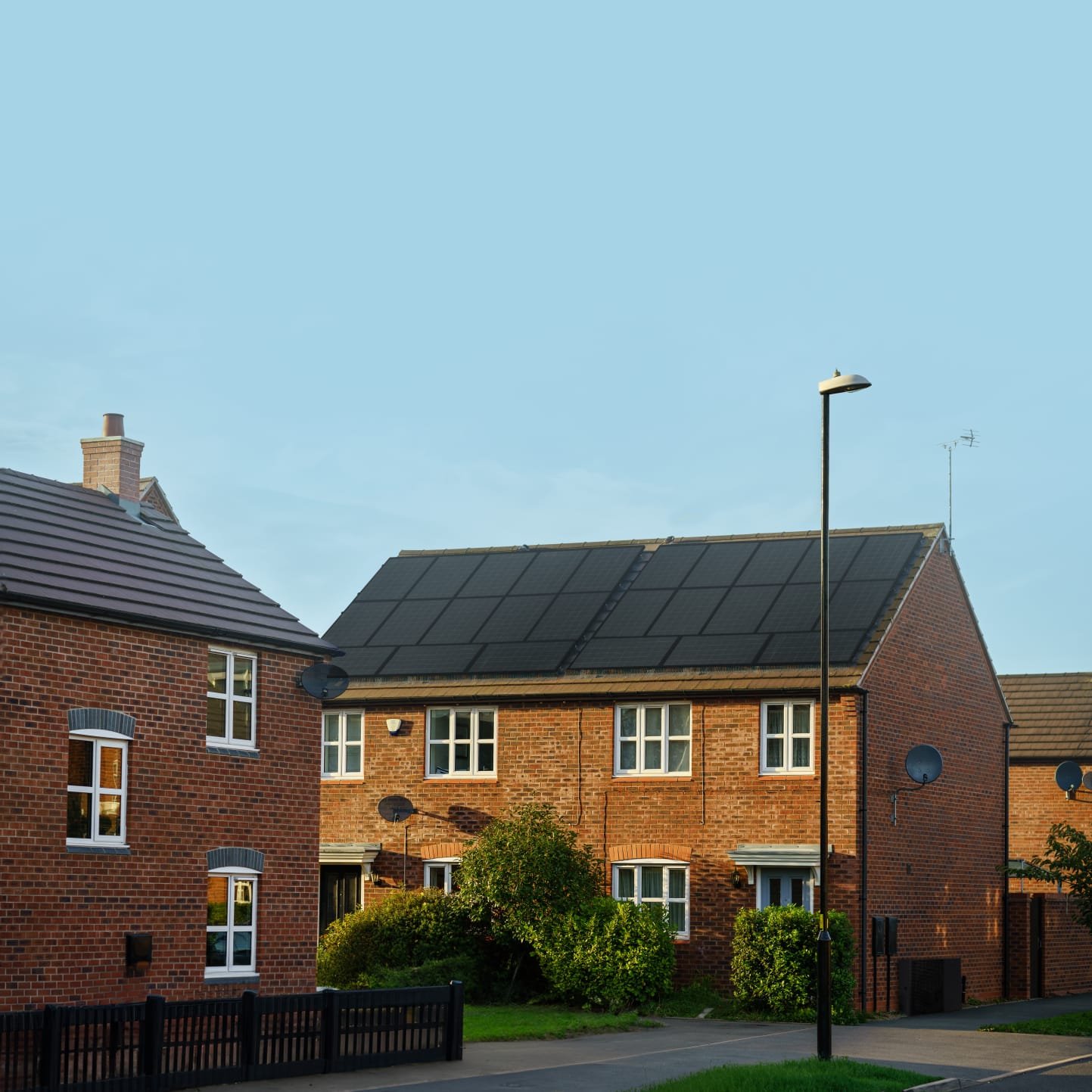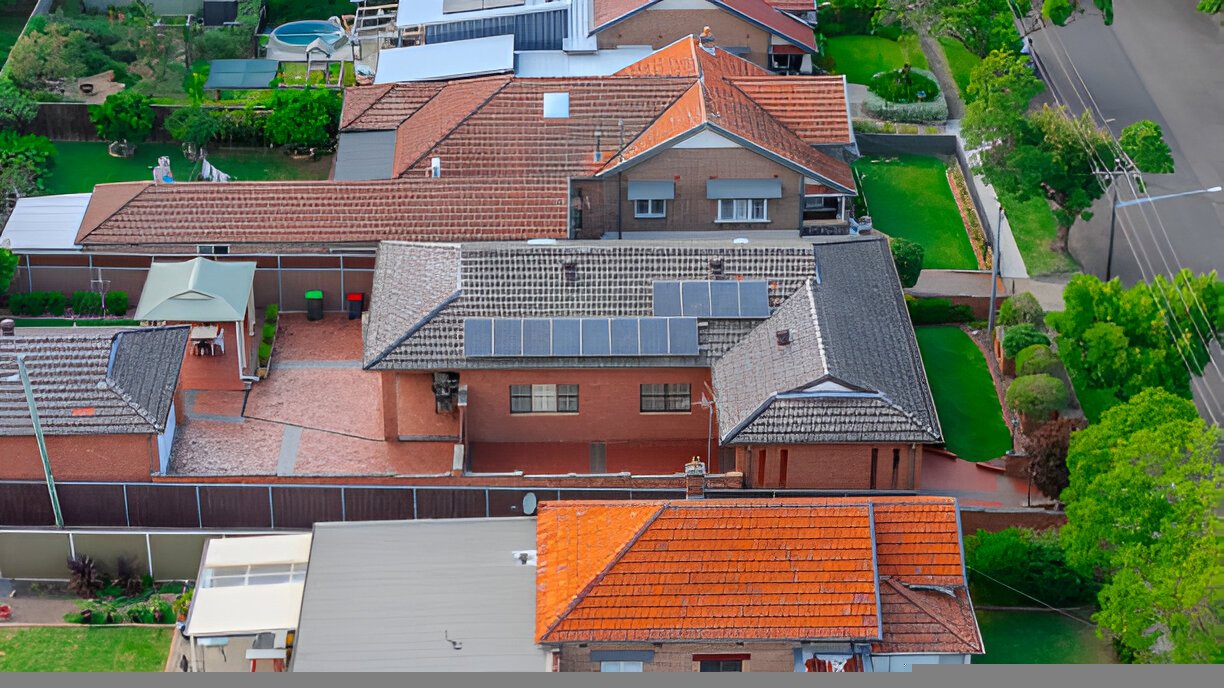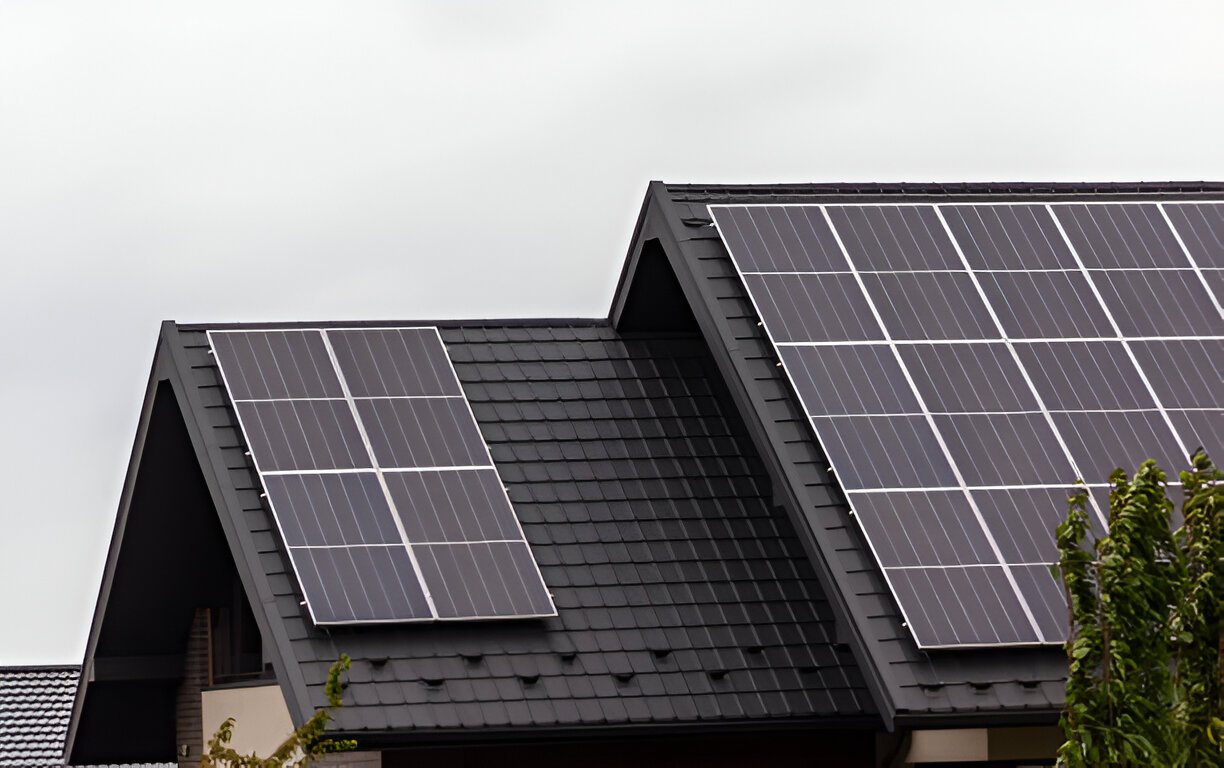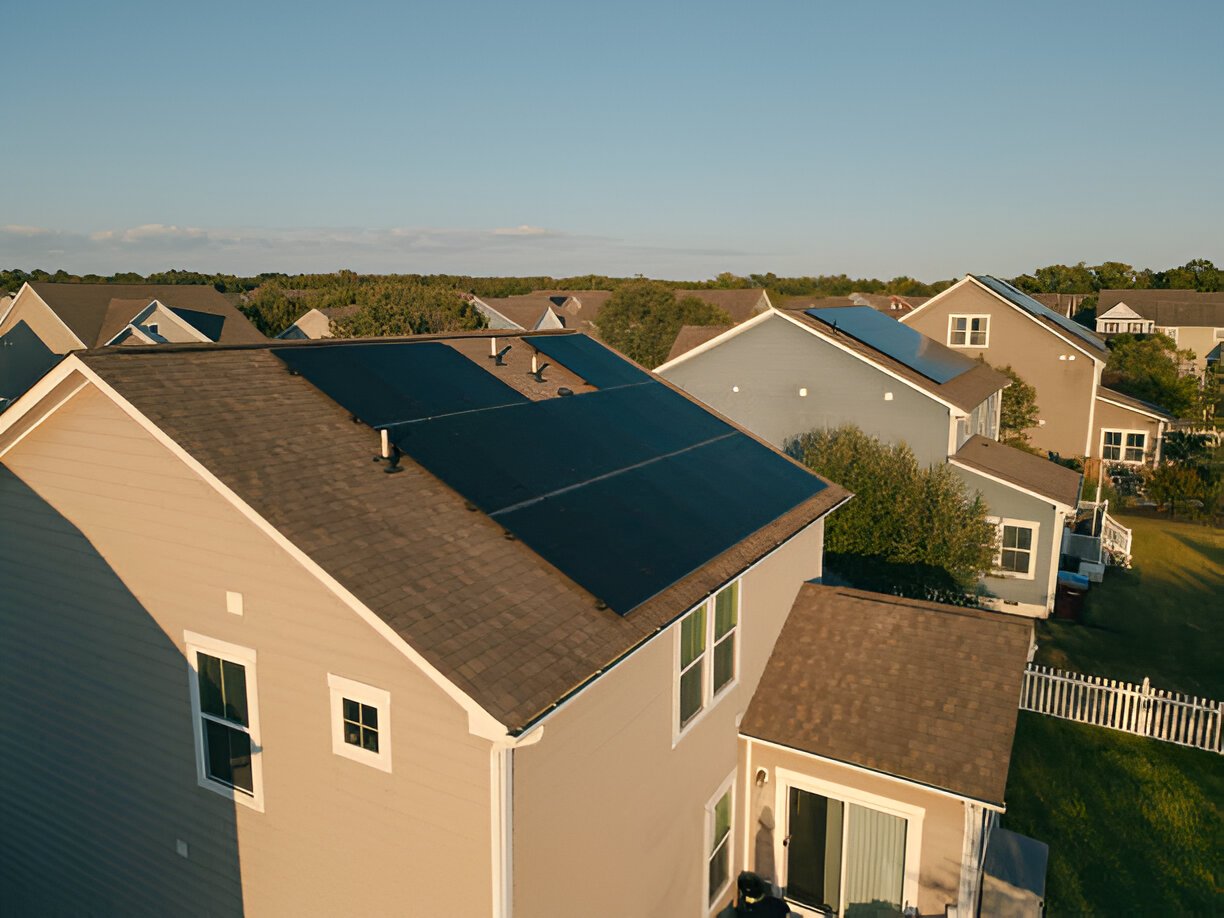Choosing the right heat pump for your home is a big decision. Both air source and ground source heat pumps offer efficient, eco-friendly heating. But which one is the best fit for your needs?
Air-source heat pumps extract heat from the air, while ground source heat pumps pull warmth from the earth. Each system has its own benefits, installation requirements, and costs. To make the right choice for your home, it is important to understand what these systems deliver.
In this article, we will break down how an air source and ground source heat pump works. We will also delve into the pros and cons of each type of heat pump. By the end of this detailed article, you will be able to understand which one suits your home best.
How Heat Pumps Work: A Quick Overview
Heat pumps transfer heat instead of generating it. This makes them far more efficient than traditional heating systems that use combustion to generate heat.
Both air source and ground source heat pumps use this method and refrigerant cycles to extract warmth and move it indoors. In the summer, they work in reverse, providing cooling..
The key difference between air source and ground source pumps is where they collect heat. As evident from the name, air source models pull warmth from the outdoor air, while ground source systems extract it from the soil or water underground.
Despite their differences, both offer reliable heating and lower energy costs compared to traditional HVAC systems.
What is an Air Source Heat Pump?
An air source heat pump (ASHP) takes heat from the outside air and transfers it inside your home. It works even in cold temperatures, making it a great year-round heating solution.
ASHPs consist of an outdoor unit and an indoor unit, similar to an air conditioning system. They are easier to install than ground source heat pumps and require less space. Many homeowners choose ASHPs because of their affordability and efficiency. Plus, they can provide both heating and cooling, making them a versatile option.
What is a Ground Source Heat Pump?
A ground source heat pump (GSHP) collects heat from the ground using buried pipes filled with a heat-transfer fluid. The earth remains at a stable temperature year-round, allowing GSHPs to deliver consistent heating. They are highly efficient and can drastically cut energy bills.
However, there’s one drawback to this system. The installation of ground source pumps requires digging trenches or drilling boreholes. Due to this, the installation can be costly. But, in the long run, GSHPs are better as they last longer than air source models and require minimal maintenance.
If you have enough outdoor space, are looking for maximum efficiency, and can bear the upfront costs of installation, a GSHP may be the right choice.
Key Differences Between Air Source and Ground Source Heat Pumps
Both air source and ground source heating systems work by transferring heat from outdoors to indoors for heating and indoors to outdoors for cooling.
If you pick expert installation services like Samso Heat Pumps, they can connect your system with underfloor heating and even connect it to your solar system for lower fossil fuel dependence.
While the key difference is the source of heat extraction, there are more differences when it comes to performance, installation requirements, and cost. Here are the details for you to understand these differences and make the choice accordingly:
Efficiency & Performance
Ground source heat pumps tend to be more efficient because the ground stays at a constant temperature. Air source heat pumps are quite efficient but their efficiency might run a bit low in extreme cold weather. However, newer ASHP models are designed to handle lower temperatures efficiently, but not better than ground source heat pumps.
Installation Requirements
ASHPs are easier and quicker to install. They require an outdoor unit and minimal modifications to your home. GSHPs, on the other hand, need ground loops, which require significant digging or drilling as a part of the installation process. So GSHPs have more space requirements than ASHPs. If you have limited space, an ASHP may be the better option.
Cost Considerations
ASHPs are more affordable upfront. Ground source heat pumps, on the other hand, have higher installation costs due to excavation. But for the long term, they offer greater long-term savings as their running costs are lower during winters. Government incentives, such as the Boiler Upgrade Scheme, can help offset the cost of both systems.
Environmental Impact
Both systems are environmentally friendly, reducing reliance on fossil fuels and thus, helping reduce your carbon emissions. However, GSHPs have a slight edge in efficiency, making them the greener choice over time. ASHPs still offer significant carbon savings compared to gas boilers.
Which Heat Pump is Best for Your Home?
The right heat pump depends on your home’s size, location, and budget. If you want a cost-effective, easy-to-install option, an air source heat pump is a great choice. If you have space and are looking for maximum efficiency, a ground-source heat pump is ideal.
Many people believe that because GSHPs require excavations, they need planning permission. However, GSHP installations come under permitted development in most areas. If your home is not located in a conservation area or is a listed building, you can make the needed modifications to install a GSHP.
But before you make your choice, consider factors like available land, upfront costs, and long-term savings. Both systems offer excellent heating and cooling, so it comes down to what works best for your specific needs.
Air Source vs Ground Source Heat Pumps Pros and Cons Summary
While we’ve discussed everything about air-source and ground-source heat pumps in detail, we haven’t segregated the pros and cons of each heat pump type. For a better understanding, here is a summary of the pros and cons of each pump type:
Air Source Heat Pumps
- Pros: Lower upfront cost, easier installation, provides heating and cooling.
- Cons: Less efficient in extreme cold, shorter lifespan than GSHPs.
Ground Source Heat Pumps
- Pros: Higher energy and performance efficiency, longer lifespan, stable performance in all weather.
- Cons: High installation cost, requires significant space.
Conclusion: Making the Right Choice
Both heat pumps offer energy savings, comfort, and sustainability. If affordability and ease of installation matter most, go with an air-source heat pump.
If you’re looking for long-term efficiency and don’t mind higher upfront costs, a GSHP is the way to go. Either choice is a step towards greener, cost-effective heating.
Need help deciding? Contact Samso Heat Pumps today for expert advice on the best solution for your home! We’re expert heat pump installers who can guide you from the basics to the installation. Want to know how much the heat pumps cost? Want to know whether you can connect this renewable heat system to a renewable energy system? Connect to our customer services to know the details.

